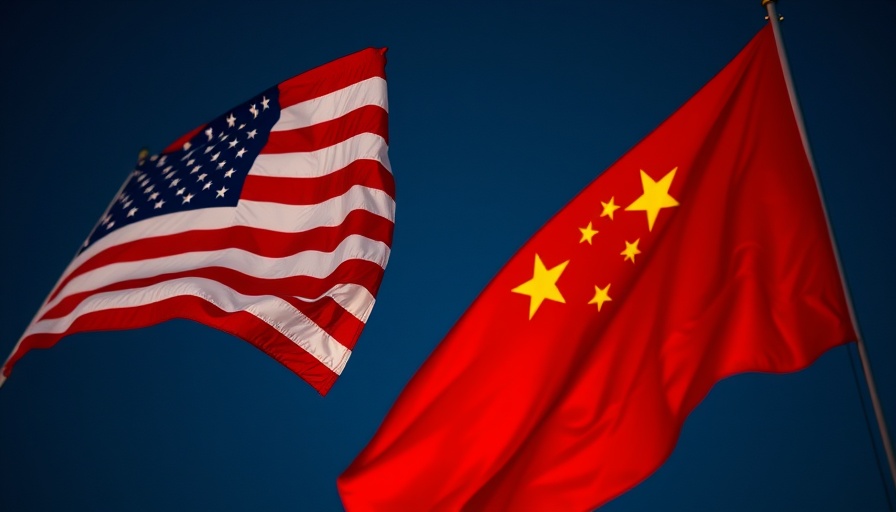
Navigating Uncertainty: Chinese Students in America Face Visa Revocation
Amid rising tensions between the U.S. and China, many Chinese students in America are feeling anxious and confused as the U.S. government, led by Secretary of State Marco Rubio, has announced plans to revoke visas for certain individuals studying in the country. This decision comes as a response to security concerns regarding students in critical fields and those linked to the Chinese Communist Party.
Historical Context: The Legacy of the Chinese Exclusion Act
Li Qin, a student at Johns Hopkins University, expressed fears that this move is reminiscent of the Chinese Exclusion Act of 1882, which barred Chinese immigration and denied citizenship to Chinese residents already in the U.S. It served to institutionalize racial discrimination, and this recent decision has reignited concerns over a similar trajectory. The historical context cannot be overstated; the 19th-century policy reflects systematic prejudice, the echoes of which many students now grapple with as they consider their futures.
The Human Impact of Policy Changes
The effects of visa revocations extend beyond paperwork; they permeate the daily lives and ambitions of students. For many, the United States is not just a place for education but a home where dreams for a better future can materialize. As international students account for approximately 25% of all foreign students in the U.S., there’s a collective worry about their status and ability to continue studies without disruption.
Understanding Current Events: A Reflection of Geopolitical Tensions
This shift is not happening in isolation. The political landscape is fraught with distrust where international stakeholders are urged to question the integrity of policies seen as politicized and discriminatory. China's Foreign Ministry condemned the U.S. stance as 'unreasonable,' highlighting the deeper implications of trust in diplomatic relationships.
Future Predictions: Effects on International Student Trends
As international student enrollment has significantly contributed to the U.S. economy—totaling billions via tuition and living expenses—the potential for a sharp decline is a concern for universities. Should this trend continue unchecked, universities across the U.S. may face significant financial repercussions, which may potentially influence policy changes in the future as institutions advocate for international cooperation and dialogue.
Practical Insights for Students and Families
For affected students, taking proactive steps is essential. Enlisting the help of immigration attorneys who specialize in student visas can provide essential guidance for navigating this complex landscape. Moreover, maintaining an open dialogue with educational institutions can help clarify one’s status while advocating for possible exemptions or support.
Emotional Perspectives: Voices of Concern and Hope
As students like Li Qin ponder their future under such scrutiny, it’s crucial to spread awareness about their plight. Many are feeling torn between their home countries and lives they’ve built in the U.S. Their stories underscore the emotional toll that policy changes can impose, often leading to anxiety and uncertainty about their career paths and personal aspirations.
Call to Action: Support for Affected Students
As this situation continues to unfold, it’s vital for the wider community to support affected students. Advocacy groups are already mobilizing to provide resource support and initiatives to combat discrimination. Engaging in community dialogues or participating in forums advocating for student rights can contribute to a pathway of hope in this turbulent environment.
 Add Row
Add Row  Add
Add 




 Add Row
Add Row  Add
Add 

Write A Comment